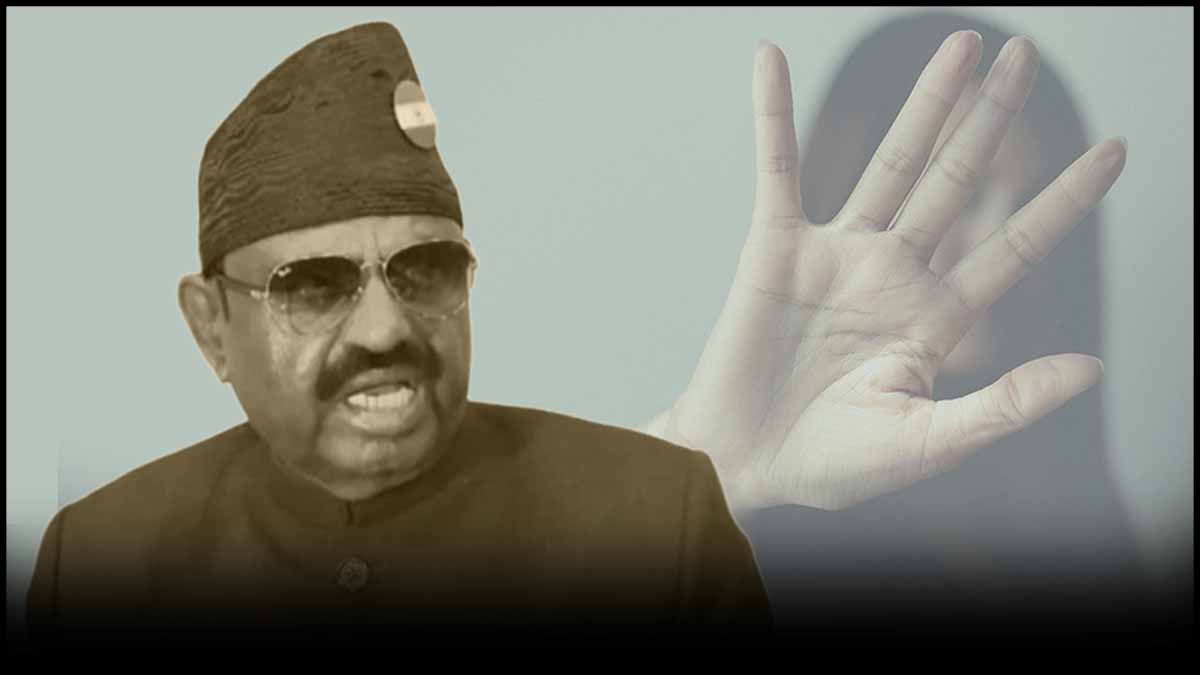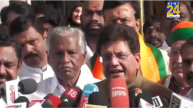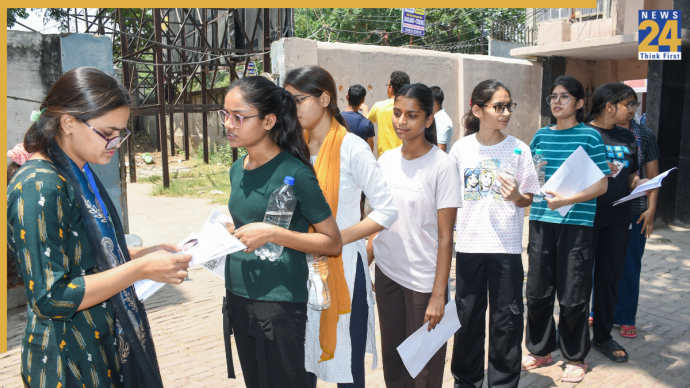An accusation of sexual harassment was made by a female employee working in the Governor’s House against West Bengal Governor CV Ananda Bose. Subsequently, there have been numerous challenges and obstacles. Bose adamantly declined to cooperate with the state police during their investigation. He labeled the investigation against him as illegal and contrary to the Constitution. Understanding the extent of authority granted to Governors by the Constitution and the procedures followed in such cases sheds light on the matter.
Last Thursday, a contract employee at Raj Bhavan filed a complaint with the Kolkata Police, alleging that Bose had molested her on two occasions at Raj Bhavan. The Governor dismissed it as a political move during election times. However, the issue did not stop there. The Governor declared his refusal to cooperate with West Bengal CM Mamata Banerjee and her police force. He also prohibited the entry of police personnel into Raj Bhavan.
Following the complaint, Kolkata Police registered a case and established an 8-member committee, led by Deputy Commissioner (Central) Indira Mukherjee, to investigate the allegations against the Governor. The committee requested CCTV footage from Raj Bhavan for the relevant days, but this request was denied. Interestingly, the same footage was made available to the public and media within the Governor’s House premises.
How did CV Ananda Bose stop police from entering his house?
He justified banning state police from entering the Governor’s House by citing Article 361 of the Constitution, which states that no criminal case can be initiated or investigated against a Governor during their tenure.
Also Read: Narendra Dabholkar Murder Case: 2 Get Life Imprisonment; 3 Walk Free Including Alleged Mastermind
Article 361 of the Indian Constitution declares that neither the President, Governor, nor the Head of State of any State can be summoned by any court for actions related to their official powers and duties, nor for actions taken or about to be taken. They are not accountable in this regard.
The second clause of the Article grants full discretion to the President and Governor, prohibiting the initiation of criminal proceedings against them during their tenure. The process of their arrest cannot commence during this period.
Before, there have been accusations against Governors as well. For instance, during ND Tiwari’s tenure as the Governor of Andhra Pradesh, his involvement surfaced in a sex scandal. An alleged sex CD depicted ND Tiwari in compromising positions with women. Subsequently, due to this scandal, he resigned citing health reasons. Similarly, Meghalaya Governor V Shanmuganathan, who faced allegations of sexual harassment, also resigned from his position.













